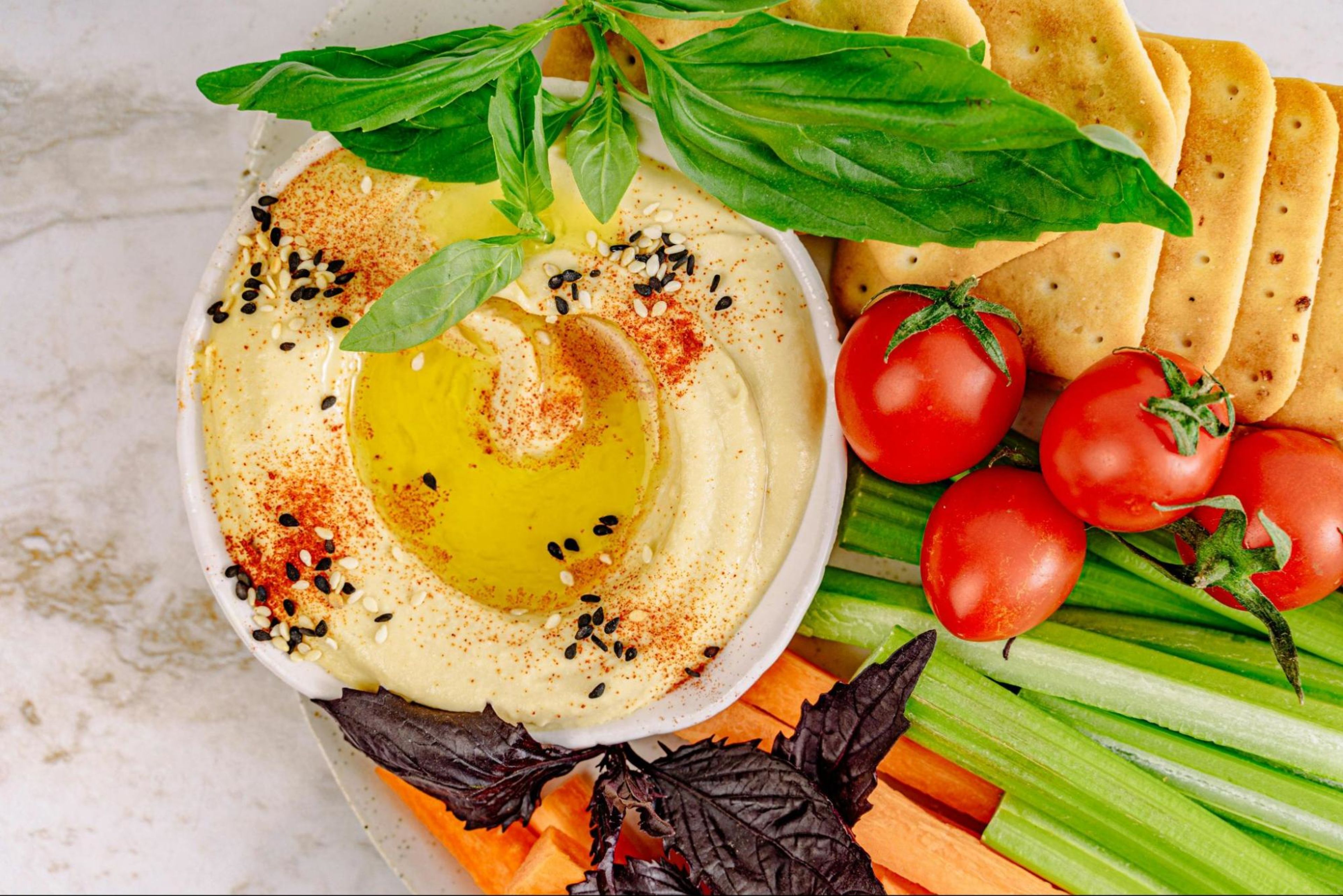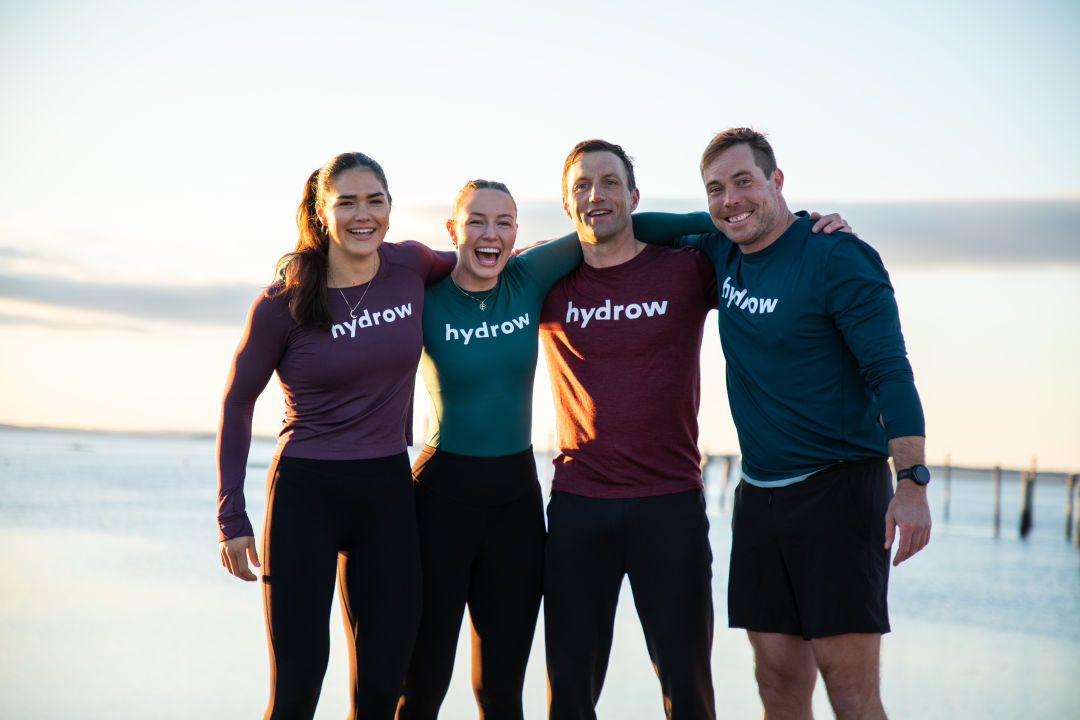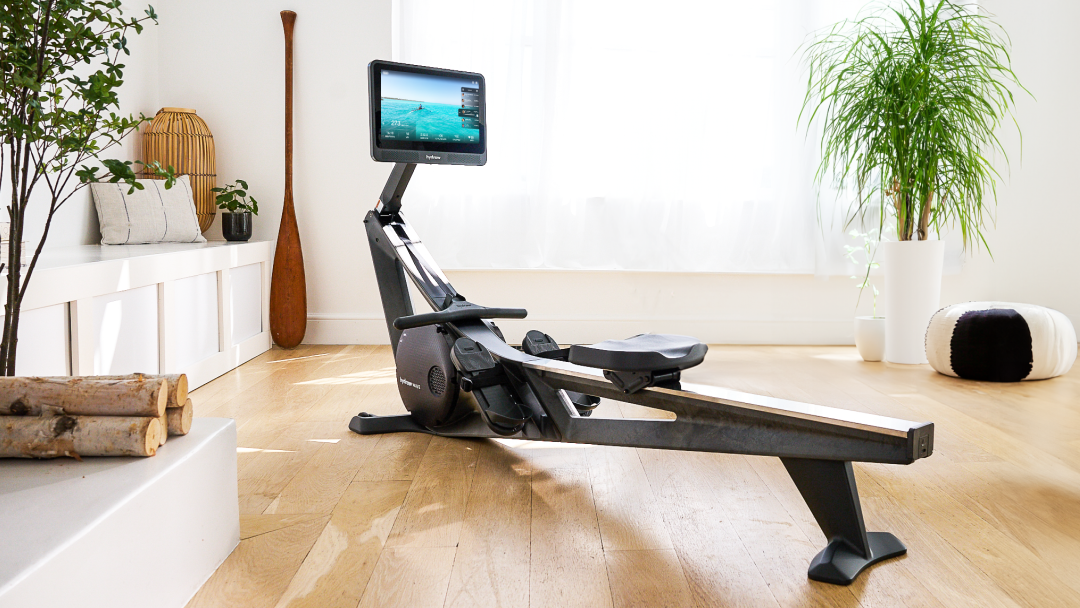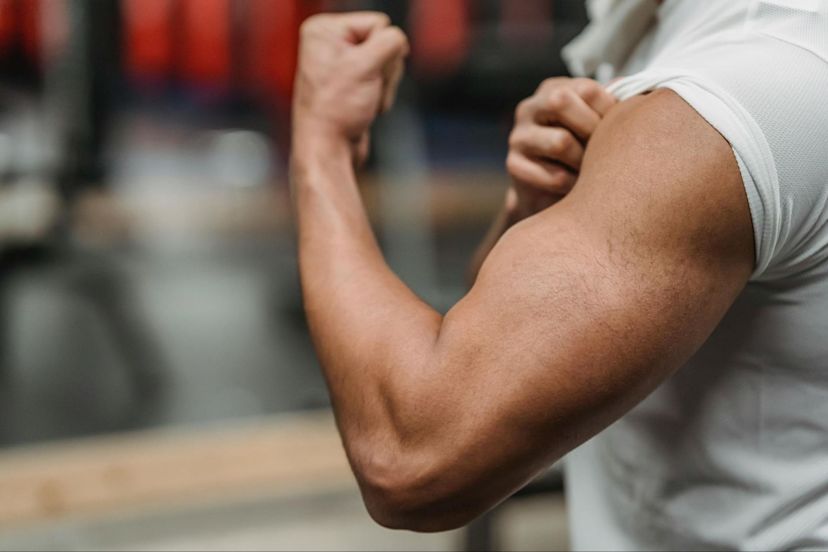30 High-Protein Snacks to Build Muscle and Fight Hunger

Protein plays a number of essential roles in the body, and while it is important for everyone to eat enough protein, it is particularly crucial for more active individuals and those looking to lose weight. Even if you understand the importance of dietary protein, it can be challenging to know exactly how to incorporate more protein into your diet in a way that supports your health and fitness goals.
One strategy to help hit your protein goals is to introduce some high-protein snacks throughout the day. To help with that, this article will cover why protein is so useful when trying to gain muscle, improve athletic performance, or lose weight, 30-protein-packed snack ideas to get you started, and some strategies on how to fit these snacks into your diet and find success.
Why protein is so important for weight loss and athletic performance
Protein is a key player in achieving fitness goals, influencing everything from muscle recovery to appetite control, and even the way your body burns calories. Here are some of the reasons why protein is so great for enhancing athletic performance and managing your weight:
1. Muscle repair and growth
Exercise is a stress on the body that can ultimately drive healthy changes—but only you give your body the nutrients it needs to repair and grow stronger. Active individuals need more protein than those who are less active.
In particular, strength training causes microscopic tears in the muscle fibers that require amino acids, provided by protein, in order to repair. If you are working out with the goal of creating muscles that are stronger, hitting your daily protein target should be top of mind..
2. Satiety and weight management
Protein is highly satiating, meaning it keeps you full for longer. This can help reduce overall calorie intake by curbing hunger, which is helpful for weight loss. Calorie for calorie, protein-rich foods will be harder to overeat.
We know this intuitively: Imagine eating 1,000 calories from movie theater popcorn vs. 1,000 calories from wild salmon. Which meal would be harder to finish?
When combined with regular exercise as described above, protein can also help preserve lean muscle mass. Having more muscle mass on your body keeps your metabolism higher and thus supports long-term weight management.
Related blog: Is Diet More Important Than Exercise?
3. Thermic effect of food
The thermic effect of food refers to the energy (or calories) we spend digesting what we eat. Protein has a higher thermic effect compared to fats and carbohydrates, meaning your body will expend relatively more energy when you eat protein-rich foods.
This cuts both ways: If you are trying to lose weight, a slightly higher calorie burn throughout the day from this thermic effect is beneficial, but if you are trying to gain muscle mass, you must overcome this additional energy burn in order to stay in positive energy balance.
This is where high-protein snacks might be especially helpful.

Explore Hydrow’s library of 5,000+ rowing, circuit training, yoga, Pilates, and mobility workouts.
What are the benefits of high-protein snacks?
Incorporating protein into your snacks throughout the day can help sustain energy, support muscle maintenance, and curb hunger, all while boosting metabolism and enhancing recovery. Learn more about the benefits of high-protein snacks below:
1. Sustained energy
Eating a high-carbohydrate snack or meal without any protein (like a bagel with jelly) can often lead to blood sugar spikes and subsequent energy crashes. Protein provides a slow, steady release of energy, which helps maintain blood sugar levels and prevents energy crashes.
2. Enhanced muscle preservation
We’ve discussed the importance of protein for increasing or maintaining muscle mass, especially for those who are actively strength training. Consuming protein snacks throughout the day supports muscle repair and helps maintain lean muscle mass.
3. Improved satiety
Protein’s ability to keep you full for longer can reduce unhealthy snacking and mindless eating, aiding in weight management.
4. Supports workout recovery
High-protein snacks, especially after workouts, can speed up muscle recovery and reduce soreness by taking advantage of the post-workout anabolic window in which our muscles are especially receptive to nutrition.
5. Boosts metabolism
Protein-rich foods have a higher thermic effect, slightly increasing calorie burn and promoting a healthy metabolism. Spreading out these foods throughout the day by including some protein at snack times is one way to keep this effect going.

Did you know?
Over 90% of Hydrow members are still active one year later.
30 high-protein snack ideas
Looking for some inspiration? Check out these 30 ideas for high-protein foods to kick your protein up a notch while keeping your diet fresh and exciting.
Greek yogurt with berries
Cottage cheese with pineapple
Hard-boiled eggs
Beef jerky or turkey jerky
Tuna salad with celery sticks
Edamame
Almonds and cheese
Protein smoothie with protein powder and spinach
Hummus with raw veggies
Turkey or chicken roll-ups (deli meat wrapped around cheese or veggies)
Protein bars
Cottage cheese and chia seeds
Pumpkin seeds
Protein oatmeal (with added protein powder)
Smoked salmon on cucumber slices
Chia pudding with protein powder
Peanut butter with apple slices
Roasted chickpeas
Cottage cheese with cherry tomatoes
Boiled edamame with sea salt
Greek yogurt and chia seeds
Cheese sticks
Rolled oats with a scoop of protein powder
Cottage cheese with peach slices
Turkey jerky
Almond butter with celery sticks
Deviled eggs
Sardines on whole-grain crackers
Cottage cheese with raspberries and nuts
Peanut butter with rice cakes
Tips for including more high-protein snacks into your diet
Now that you have some ideas in your back pocket, here are some strategies you can use to stay on track:
1. Plan ahead and prepare
Keep high-protein snacks, like Greek yogurt, hard-boiled eggs, or cottage cheese, stocked and ready in your fridge. Bring snack options with you to work, to the gym, and when traveling.
Related blog: The Ultimate Guide to Meal Planning
2. Include protein in each snack
Make it a habit to have a source of protein in each snack. You will notice the difference in how you feel after a snack that doesn’t include protein (like a bag of potato chips) versus one that does. After all, what’s the point in a snack that doesn’t actually satisfy your hunger or support your health goals?
3. Combine with fiber or healthy fats
Pair protein-rich foods with fiber or fats, like vegetables with hummus or nuts, to make snacks even more filling and satisfying. Both protein and fiber are very filling, so this is a good strategy for periods of time where a snack really has to hold you over for a while before your next meal.
Related blog: 25 High-Fiber Foods to Support Your Digestive Health
4. Experiment with protein powders
While whole-food sources of protein are great, there is nothing wrong with trying out a protein powder to help meet your targets. It’s hard to beat the convenience of a good protein powder, especially as a quick way to enhance another food. Incorporate protein powders into smoothies, oatmeal, or even baked goods to boost the protein content of these snacks.
5. Choose nutrient-dense proteins
When possible, opt for whole, nutrient-dense sources of protein rather than overly processed options. This is because foods like cottage cheese, nuts, and lean meats add variety and extra beneficial nutrients beyond just protein.
High-protein snacks can make a big difference in supporting active lifestyles and aiding in weight loss by keeping hunger in check, providing sustained energy, and promoting muscle recovery.
If you’re looking for more ways that you can use nutrition to support your health and fitness goals, be sure to check out some of our other blogs and resources at Hydrow.

Real strength keeps moving
Learn how working out with Hydrow can help support a fuller, more active life.







